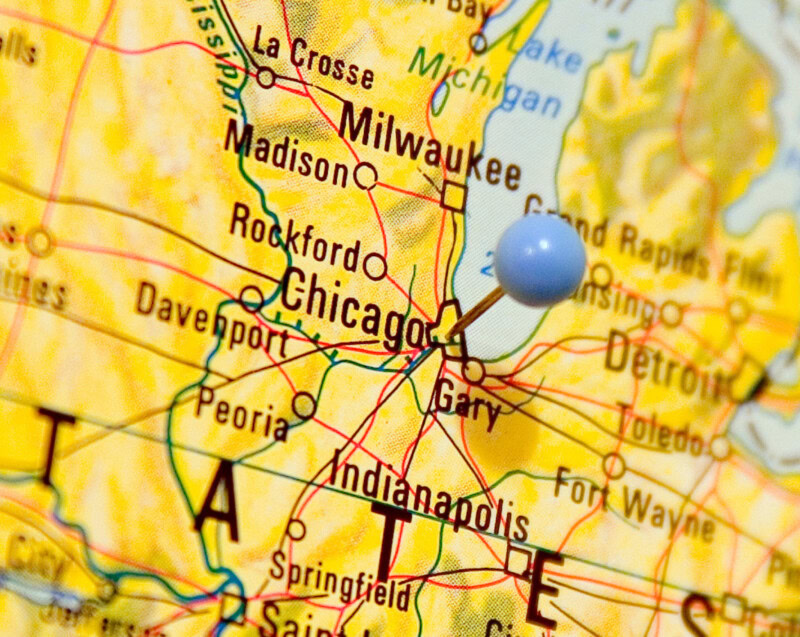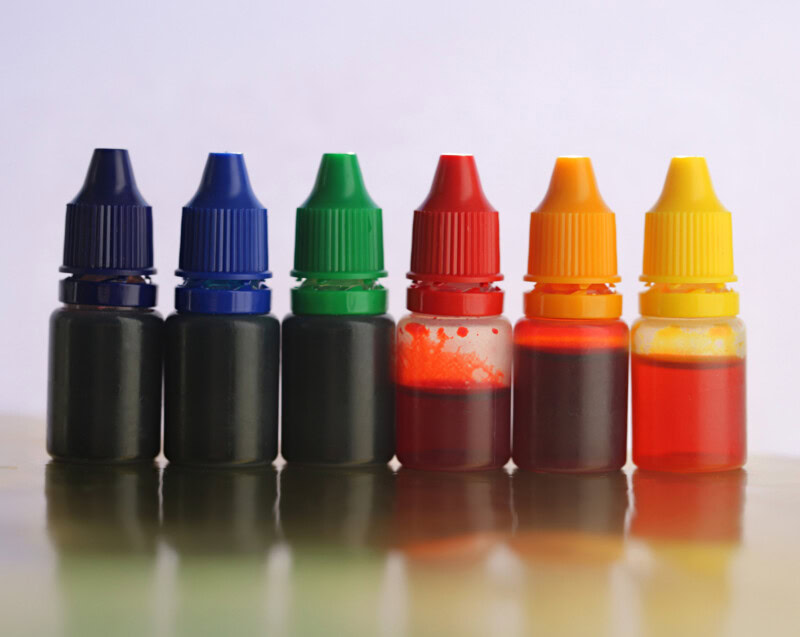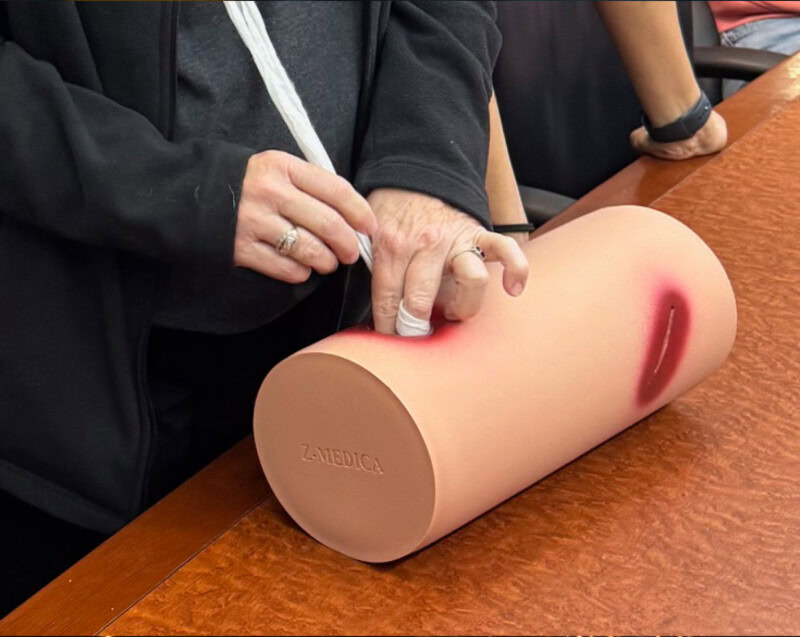When mobilizing to a disaster, Samantha Nation, Library Information Specialist, helps ready our team with accurate, reliable, and timely health and safety information. In honor of National Medical Librarians Month, we’re celebrating Samantha and her continued efforts to support our readiness, response, and recovery services:
How does CTEH leverage your expertise as a medical librarian?
CTEH’s amazing, highly trained professionals bring unique skills and knowledge to every project we undertake. There’s no other company with such a wide talent pool. I have the opportunity to support our cutting-edge toxicology and emergency response work, including on COVID-19 projects. In addition to my regular work for toxicologists, I’ve recently researched and compiled pandemic-related information. I pull new publications and pre-prints daily for our epidemiology team and track domestic travel restrictions weekly for clients.
What role does research play in responses?
CTEH is committed to maintaining a “Culture of Safety.” And research is a key component of that. It helps ensure we are utilizing the most up-to-date and most reliable information available on our responses. With data in hand, we know our scientists aren’t entering environments that could be hazardous to themselves or the potentially affected population.
Does CTEH have an internal library of peer-reviewed papers or studies?
We have an expansive print and digital library. Our digital collection currently contains more than 57,000 records—and counting.
What resources are available to you, and CTEH, as a medical librarian?
I utilize a variety of resources, including, but not limited to, medical, toxicological, industrial hygiene, and regulatory publications. I rely heavily on the National Library of Medicine (NLM) and the National Institutes of Health. Our scientists are also members of organizations that offer research benefits. In addition, we participate in the NLM DocLine system and OCLC Worldshare. These systems allow us to borrow and lend materials with medical libraries around the world.
Thank you, Samantha, for helping keep us at the forefront of our field!




